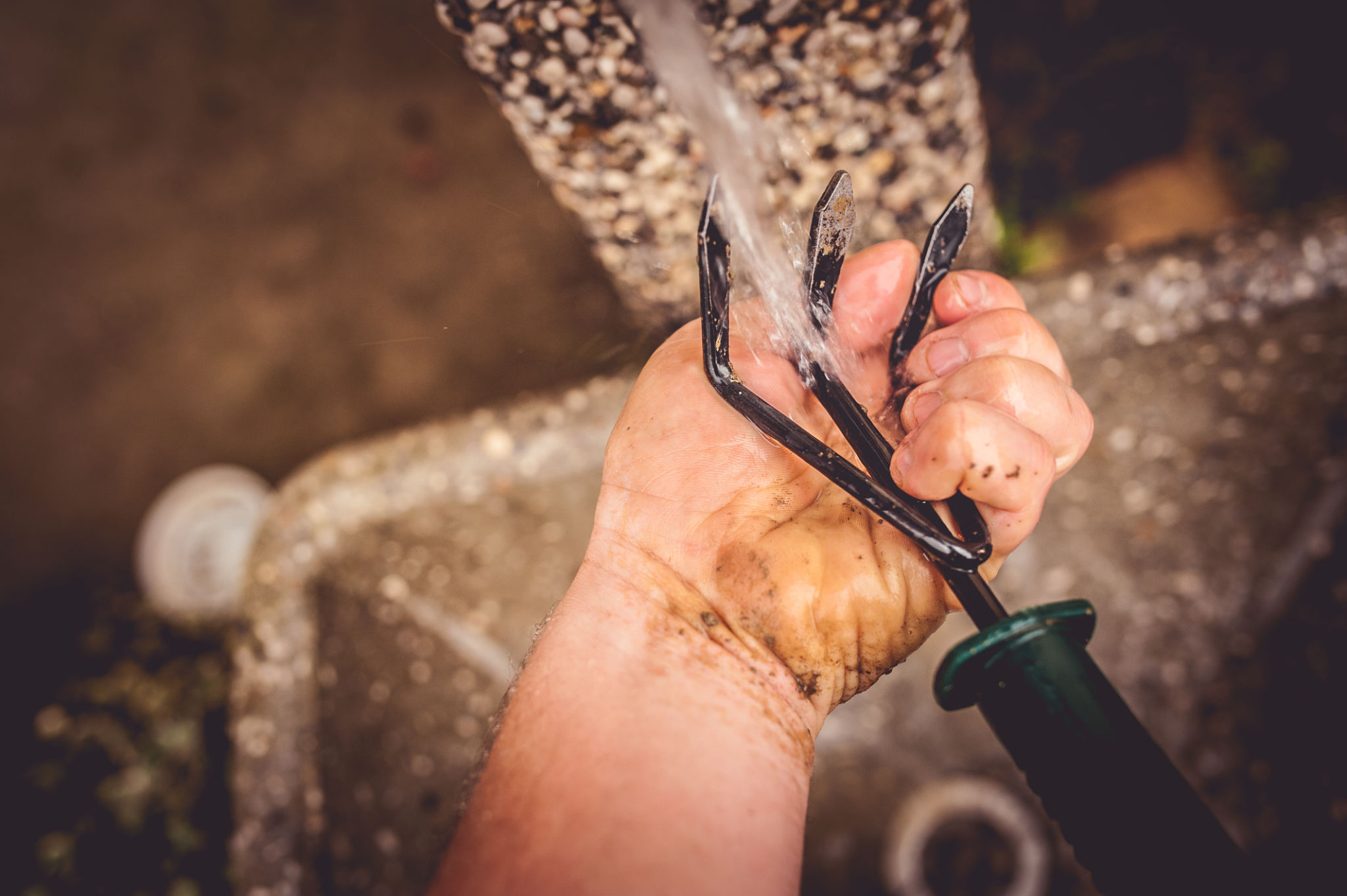Debunking Cleaning Myths: What Merry Maids of Kitchener Won't Tell You
Debunking Common Cleaning Myths
Cleaning is a task that most people engage in regularly, but it's also an area where myths and misconceptions abound. These myths can lead to inefficient cleaning practices and even damage to your home. Let's delve into some of these cleaning myths and uncover the truth.

Myth: Vinegar is a Universal Cleaner
Vinegar is often touted as a miracle cleaner that can tackle anything. While it's true that vinegar is effective for certain cleaning tasks, such as removing hard water stains and cutting grease, it's not suitable for everything. For instance, vinegar can damage natural stone surfaces like marble and granite, and it’s not effective at disinfecting.
Instead, use vinegar on appropriate surfaces and always test in an inconspicuous area first. For disinfecting purposes, look for EPA-approved cleaners that are specifically designed to kill germs and bacteria.
Myth: More Detergent Means Cleaner Clothes
It might seem logical that more detergent would result in cleaner clothes; however, this is not the case. Using too much detergent can lead to residue build-up on your clothes and in your washing machine, which can cause odors and reduce efficiency.

Stick to the recommended amounts of detergent, and consider using high-efficiency detergents if you have a high-efficiency washing machine. This will ensure that your clothes are clean and your machine runs smoothly.
Myth: Bleach Cleans Everything
Bleach is often seen as the ultimate cleaning agent, but it doesn't clean as much as it disinfects. Bleach can kill bacteria and viruses, but it doesn't remove dirt or grime. This means that surfaces should be cleaned with soap and water before applying bleach for disinfecting purposes.
Furthermore, bleach should be used with caution on certain materials, as it can cause discoloration or damage. Always follow the instructions on the label and ensure proper ventilation when using bleach products.

Myth: Feather Dusters are Effective
The classic feather duster might look charming, but it's not as effective as it seems. Feather dusters tend to spread dust around rather than actually removing it from surfaces. This can lead to dust settling back quickly, making your efforts short-lived.
Instead, opt for microfiber cloths or electrostatic dusters that trap dust particles effectively. These tools help capture dust without simply moving it from one place to another.
Conclusion: Cleaning Smarter, Not Harder
By debunking these common cleaning myths, you can adopt more effective cleaning methods that protect your home and make your tasks easier. Remember, not all advice you hear is accurate, so it's essential to rely on tested and proven cleaning practices.
Next time you pick up a cleaning tool or product, think twice about its purpose and usage to ensure you're getting the most out of your cleaning efforts.